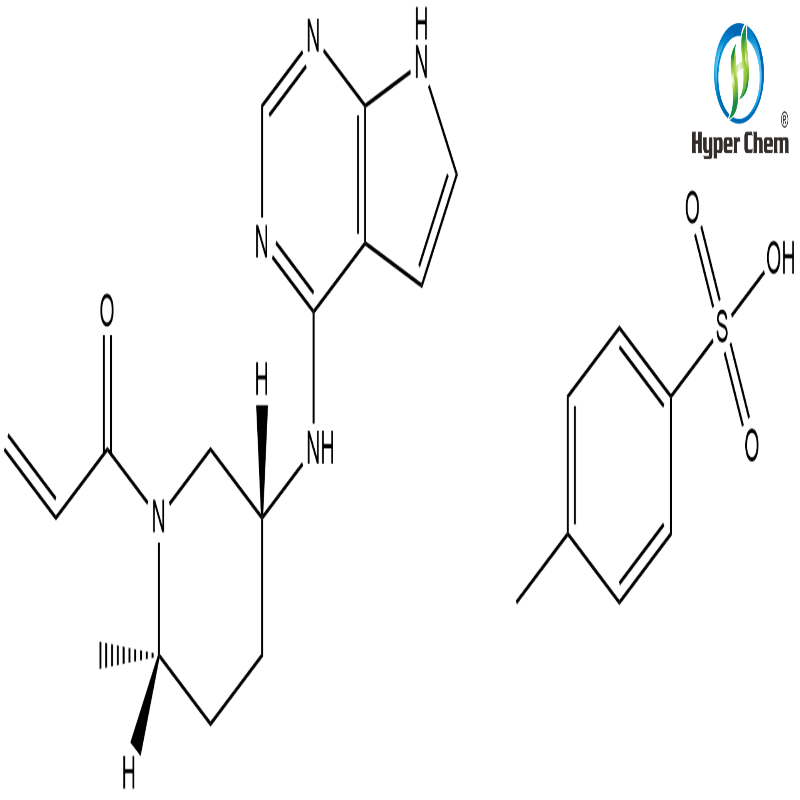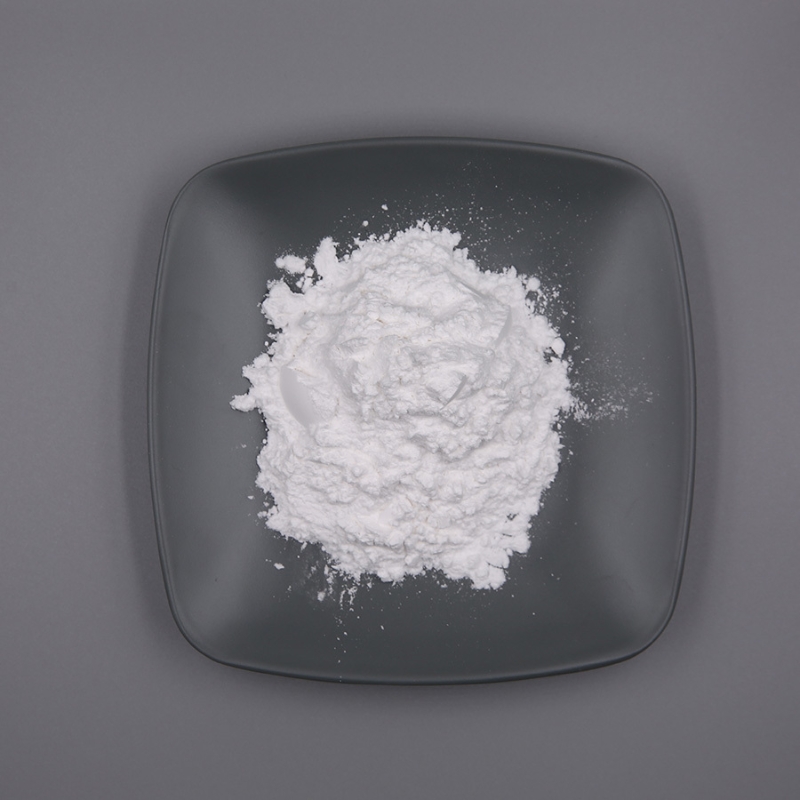-
Categories
-
Pharmaceutical Intermediates
-
Active Pharmaceutical Ingredients
-
Food Additives
- Industrial Coatings
- Agrochemicals
- Dyes and Pigments
- Surfactant
- Flavors and Fragrances
- Chemical Reagents
- Catalyst and Auxiliary
- Natural Products
- Inorganic Chemistry
-
Organic Chemistry
-
Biochemical Engineering
- Analytical Chemistry
-
Cosmetic Ingredient
- Water Treatment Chemical
-
Pharmaceutical Intermediates
Promotion
ECHEMI Mall
Wholesale
Weekly Price
Exhibition
News
-
Trade Service
18, 2020 //--- For PATIENTs with COVID-19 with severe lung disease, targeting endosthal cells (including vascular wall cells that regulate oxygen exchange between the respiratory tract and blood) may be a novel way to restore normal lung function.
the hypothesis stems from a study by researchers in the Department of Microbiology and Immunology at Stoney Brook University, published in mBio, the main journal of the American Society for Microbiology.
Led by Dr. Erich Mackow, a professor of microbiology and immunology, scientists shed light on this mechanism by studying SARS-CoV-2 infections in human endosperm cells affected in patients with COVID-19.
(Photo Source: www.pixabay.com) Mackow said: "The claim that endosome cells are infected by SARS-CoV-2 through the ACE2 complex has never been directly evaluated.
our study shows that endoskin cells are infected with SARS-CoV-2 only after expressing the ACE2 complex.
that because SARS-CoV-2 affects the function of endosthal cells, these findings suggest a new, non-dependent regulatory mechanism for viral infections.
study suggests that peripheral damage to endothial cells can lead to indirect activation, which may be the basis for further research to therapeutically target and restore normal endothellular cell responses.
Mackow added that their work focused on the function of endosthort cells and ACE2 in COVID-19 disease to identify the mechanisms of capillary inflammation and abnormal condensation in blood vessels.
he explained that the study revealed a new mechanism of clotting and endoskin inflammation observed in the lungs and heart of PATIENTSOVID-19 patients.
" endoblast cell dysfunction, rather than the infection of the cell itself, changed the way the disease developed and the reasons for targeted treatment.
if endoblasts are directly damaged without infection, they can still guide the activation of inflammatory responses.
studies have shown that as a strategy for treating the symptoms of clotting and inflammatory COVID-19, it is possible to target only the inflammatory activation path path of cells without relying on infected endosthal cells.
Mackow stressed that studies to determine endosthal cells and ACE2 functional reduction after SARS-CoV-2 infection are necessary to identify targets that can reduce symptoms in patients with COVID-19.
(Bioon.com) Source: Study show endothelial cell targeting can help fight COVID-19 symptoms Original source: Jonas Nascimento Conde et al. Recombinant ACE2 Expression Is Required for SARS-CoV-2 To Infect Primary Human Endothelial Cells and Induce Inflammatory and Procoagulative Responses, mBio (2020). DOI: 10.1128/mBio.03185-20。







